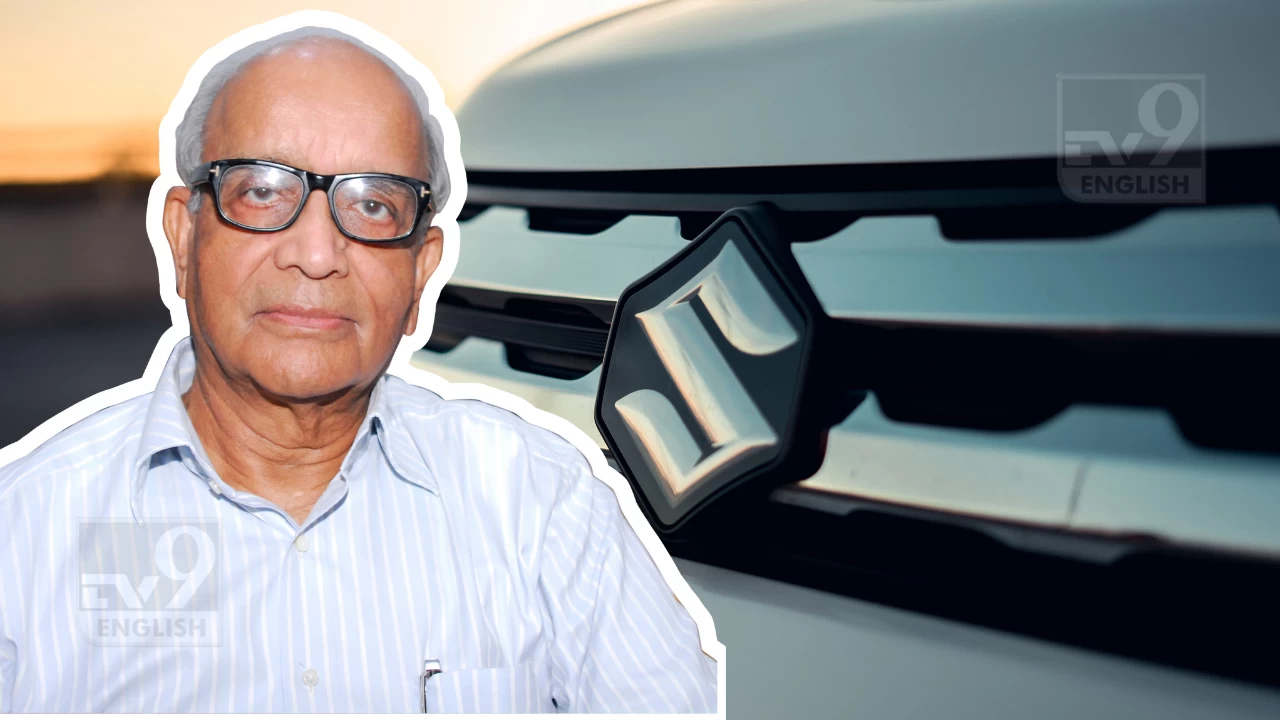

By signing in or creating an account, you agree with Associated Broadcasting Company's Terms & Conditions and Privacy Policy.


By signing in or creating an account, you agree with Associated Broadcasting Company's Terms & Conditions and Privacy Policy.

New Delhi: Maruti Suzuki Chairman RC Bhargava has said India should not bow down to what he called “bullying” by the United States after Washington imposed 50 percent tariffs on Indian goods. Speaking at the company’s 44th Annual General Meeting on Thursday, Bhargava told shareholders that the country must remain united and maintain its dignity even in the face of growing trade pressure.
The new tariffs, which came into effect on August 27, are expected to hit labour-heavy export sectors including shrimp, apparel, diamonds, leather, footwear, and gems and jewellery. Bhargava’s comments come amid rising concerns that India’s exporters could face job losses and a slowdown in shipments due to the move.
Bhargava said that US President Donald Trump’s policies had forced many nations to rethink conventional trade relationships. He told shareholders that India should support the government and avoid giving in to intimidation through tariffs. His comments reflect growing unease in India’s corporate sector about how such trade measures could hurt long-term growth.
The government has already begun work on speeding up its export promotion mission to cushion the blow. Officials have said this would provide support to industries most affected by the tariffs.
Turning to domestic policy, Bhargava highlighted the government’s proposal to restructure the Goods and Services Tax (GST). Automobiles currently attract the highest GST rate at 28 percent, with an additional cess that pushes the effective rate on SUVs to nearly 50 percent.
Bhargava said he hoped that the government would bring small cars under the 18 percent slab. He pointed out that this could help revive demand in the entry-level segment, which has seen sales shrink in recent years. He added that recognition of consumers at the lower end of the market was a welcome step in tough economic times.
The veteran automobile leader also suggested that India should consider models similar to Japan’s Kei cars. These small, low-cost vehicles helped the Japanese market shift from scooters to safer four-wheelers in the 1950s. He said such an approach could be relevant for India, where a majority of people still rely on two-wheelers for daily commuting.
Bhargava emphasised that India’s tax system should encourage all cleaner vehicle technologies, not just electric vehicles. He noted that in regions like Europe and the United States, both electric and hybrid cars are taxed similarly, which helps boost adoption of multiple clean technologies.
He also addressed supply chain risks, pointing to the rare earth magnet shortage as a warning signal. He said that while the government’s intervention appeared to be resolving the problem, India needed to remain cautious.
Bhargava welcomed the government’s free trade agreement with the United Kingdom, calling it a potential model for future deals. He suggested that such agreements would be vital to keeping Indian exports competitive in the global market.








